This works. As the MIT license would put it:
THE SOFTWARE IS PROVIDED "AS IS", WITHOUT WARRANTY OF ANY KIND,
EXPRESS OR IMPLIED
#include <Windows.h>
#include <cstdlib>
#include <cstdio>
#include <string>
struct Player {
bool isGameMaster;
int id;
};
int __stdcall IsGameMaster(Player* self) {
return self->isGameMaster ? 1 : 0;
}
// Could've been "SendMessage"... but Windows.h
void __stdcall SendMessageToPlayer(Player* self, std::string* msg) {
printf("Player %d says: %s\n", self->id - 1000 + 1, msg->c_str());
}
Player g_players[18];
Player* __stdcall GetAllPlayers(void){
return &g_players[0];
}
std::string le_message = "hi, I'm a game master";
std::string* __stdcall GetComplicatedMessage(void) {
puts("GENERATING COMPLICATED MESSAGE. HOGGING CPU FOR 3 DAYS!");
return &le_message; // to make my assembly life easier
}
__declspec(naked) void PrintToGameMasters(void){
__asm {
push ebp;
mov ebp, esp;
sub esp, 8;
call GetAllPlayers;
mov [ebp-4], eax;
// this is 'i', the loop iteration counter
// I chose esi because it is preserved by stdcalls
xor esi, esi;
do_loop:
// Player* player = &g_players[i];
mov ebx, esi;
imul ebx, SIZE Player;
add ebx, [ebp-4]; // ebx = g_players + sizeof(Player) * i, or &g_players[i]
// if (player->IsGameMaster()) {
push ebx;
call IsGameMaster;
test eax, eax;
jz no_print;
// msg = GetComplicatedMessage();
get_msg_start:
call GetComplicatedMessage;
mov [ebp-8], eax;
jmp short delete_self;
get_msg_end:
// player->SendMessage(msg);
push [ebp-8];
push ebx;
call SendMessageToPlayer;
// }
no_print:
inc esi;
cmp esi, 18;
jb do_loop;
mov esp, ebp;
pop ebp;
ret;
delete_self:
mov ecx, get_msg_start;
mov eax, get_msg_end;
sub eax, ecx;
mov byte ptr [ecx], 0xEB; // jmp short
mov byte ptr [ecx+1], al; // relative offset
jmp get_msg_end;
}
}
int main(){
for (int i = 0; i < 18; i++) {
g_players[i].isGameMaster = (i == 12 || i == 15); // players 13 and 16
g_players[i].id = i + 1000;
}
DWORD oldProtect;
VirtualProtect(&PrintToGameMasters, 0x1000, PAGE_EXECUTE_READWRITE, &oldProtect);
PrintToGameMasters();
return 0;
}

It is much faster than the if (!message) message = GetMessage() approach, unless you have a CPU with a branch predictor (which you likely do). In that case, it's slower (or maybe equally fast, but not faster), uglier, less portable, and will likely get you killed by a psychopath.
